Across Africa’s many cultures and languages, mythologies map out the forces of the sky, sea, earth, and fate through a remarkable pantheon of gods and creator beings. From the Yoruba Òrìṣà to the deities of ancient Egypt, the Akan, the Fon, the Kongo, and the Dogon, these figures guide creation, uphold moral order, and govern storms, iron, wealth, and the afterlife. Below is a continent-spanning countdown of fifteen widely venerated deities, presented with who they are, what they rule, and how their power is understood within their traditions.
15. Amadioha
 medium.com
medium.comIn Igbo tradition, Amadioha is the deity of thunder, lightning, and justice. He is closely tied to the sky and acts as an instrument of moral order, striking wrongdoers and settling disputes. Sacred symbols include the white ram, and shrines historically served as places for oaths and adjudication.
14. Ogun
 Yeniajayiii (Wikimedia Commons)
Yeniajayiii (Wikimedia Commons)Among the Yoruba, Ogun is the Òrìṣà of iron, technology, war, and craftsmanship. He sanctifies tools, roads, and all acts of forging and innovation, making him central to hunters, smiths, and later to drivers and machinists. Rituals to Ogun emphasize iron implements, palm wine, and truth-telling in contracts and public life.
13. Shango
 Dornicke (Wikimedia Commons)
Dornicke (Wikimedia Commons)Shango (Ṣàngó) is the Yoruba lord of thunder, lightning, and drumming. He is linked with royal authority, storm power, and the balancing of passion and justice, and is celebrated with bàtá rhythms and fiery imagery. His emblematic double-axe and thunderstones (edun ara) figure prominently in shrines and ritual regalia.
12. Yemoja
 El aristoteles (Wikimedia Commons)
El aristoteles (Wikimedia Commons)Yemoja (Yemọja) is a major Yoruba water deity associated with motherhood, rivers, and protection. In many West African contexts she is linked to inland waters—especially the Ògùn River—while in several diaspora traditions she is venerated as patron of the open sea. Offerings commonly include white cloth, shells, and cool foods placed near water to invoke care and calm.
11. Olokun
 Slashme (Wikimedia Commons)
Slashme (Wikimedia Commons)Olokun governs the deep ocean in Yoruba and Edo traditions and is linked with wealth, mystery, and the vastness of the unconscious. As master of the sea’s depths, Olokun is connected to prosperity, trade, and the hidden sources of power. Coastal communities honor Olokun with processions, carved masks, and sea-borne offerings.
10. Osiris
 Jeff Dahl (Wikimedia Commons)
Jeff Dahl (Wikimedia Commons)In ancient Egypt, Osiris presides over the afterlife, regeneration, and agricultural renewal. He symbolizes the promise of rebirth, tied to the Nile’s cycles and funerary rites that ensured safe passage for the deceased. Iconography shows him mummiform with crook and flail, embodying rightful rule beyond death.
9. Isis
 Jeff Dahl (Wikimedia Commons)
Jeff Dahl (Wikimedia Commons)Isis (Aset) is Egypt’s great goddess of magic, motherhood, healing, and kingship. She is renowned for restoring Osiris and protecting Horus, modeling devotion, ingenuity, and protective power for families and rulers alike. Her cult spread widely across the Mediterranean, reflecting her reputation as a universal guardian.
8. Ptah
 Jeff Dahl (Wikimedia Commons)
Jeff Dahl (Wikimedia Commons)Ptah of Memphis is an Egyptian creator god who brings the world into being through thought and speech. Patron of artisans and architects, he sanctifies craftsmanship, building, and the ordering of material reality. The Memphite Theology presents him as crafting gods and cosmos through the heart (mind) and tongue (word).
7. Amma
 Jamie’s Planet Earth
Jamie’s Planet EarthAmma is the supreme creator in Dogon cosmology of Mali. He shapes the universe, establishes order against primordial chaos, and anchors agricultural cycles and ritual knowledge. Dogon teachings link Amma to cosmic structure, seasonal rhythms, and community rites transmitted by elders.
6. Nzambi a Mpungu
 Daderot (Wikimedia Commons)
Daderot (Wikimedia Commons)Nzambi a Mpungu is recognized in Kongo belief as the high creator, source of life, and sustainer of cosmic law. He stands above the spirits (bakulu and simbi) who operate within the world’s visible and invisible realms. Communities historically sought harmony with his will through moral conduct and ancestral rites.
5. Mawu-Lisa
 talkafricana.com
talkafricana.comAmong the Fon of Dahomey (Benin), Mawu-Lisa is a dual creator—Mawu associated with the moon, coolness, and rest, and Lisa with the sun, heat, and activity. Together they balance cosmic cycles and human rhythms of work and renewal. Their partnership underpins ideas of complementarity in nature and society.
4. Nyame
 Wikimedia Commons
Wikimedia CommonsNyame (Onyankopon) is the Akan sky deity and supreme being, guardian of moral order and giver of life. He is invoked alongside Asase Yaa (the earth) to frame obligations to both heaven and land. Proverbs, stool symbolism, and oath formulas embed Nyame’s authority in public ethics and leadership.
3. Chukwu
 Wikimedia Commons
Wikimedia CommonsChukwu (or Chi Ukwu) is the Igbo supreme being, the ultimate source of chi (personal spirit) and destiny. He is conceived as transcendent, delegating functions to lesser deities while remaining the fountain of life and moral law. Appeals to Chukwu emphasize truth, justice, and communal balance.
2. Amun-Ra
 FDRMRZUSA (Wikimedia Commons)
FDRMRZUSA (Wikimedia Commons)Amun-Ra represents the powerful fusion of Thebes’ hidden creator Amun with the solar deity Ra in Egyptian religion. As king of the gods, he unites invisibility and manifest sunlight, embodying creation, vitality, and royal legitimacy. Grand festivals like Opet affirmed his role in renewing pharaoh and cosmos.
1. Olodumare
 Oriire
OriireOlodumare (Ọlọrun) is the supreme being in Yoruba thought, source of àṣẹ—the vital force that empowers gods, nature, and human action. While other Òrìṣà administer specific domains, Olodumare stands above them as ultimate origin and judge. Prayers and moral obligations ultimately return to Olodumare’s sanction, grounding cosmic order and destiny.
What would you add—or rearrange—on this list of deities? Share your thoughts in the comments!

.jpeg)


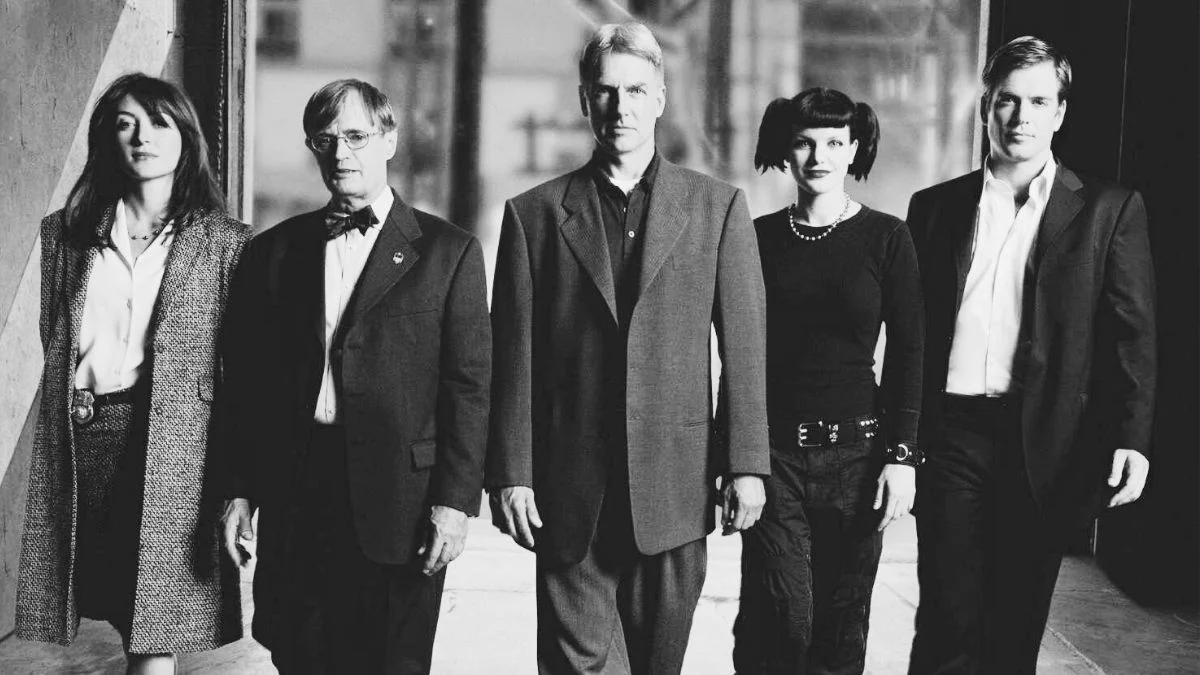
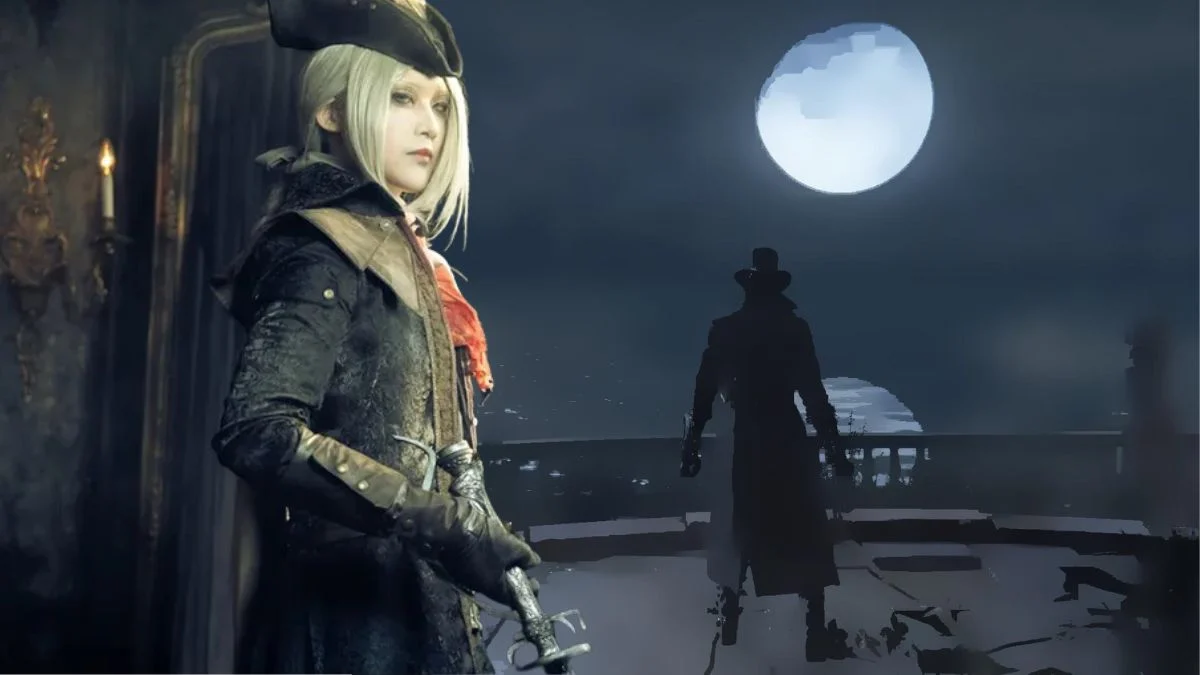




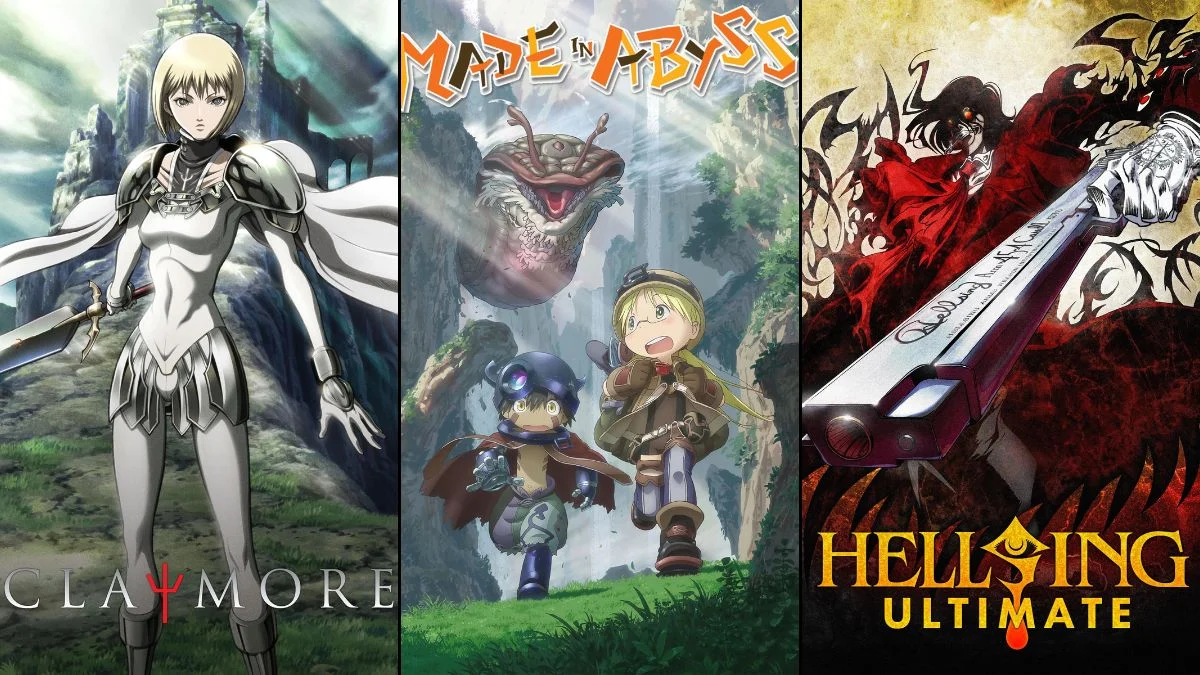




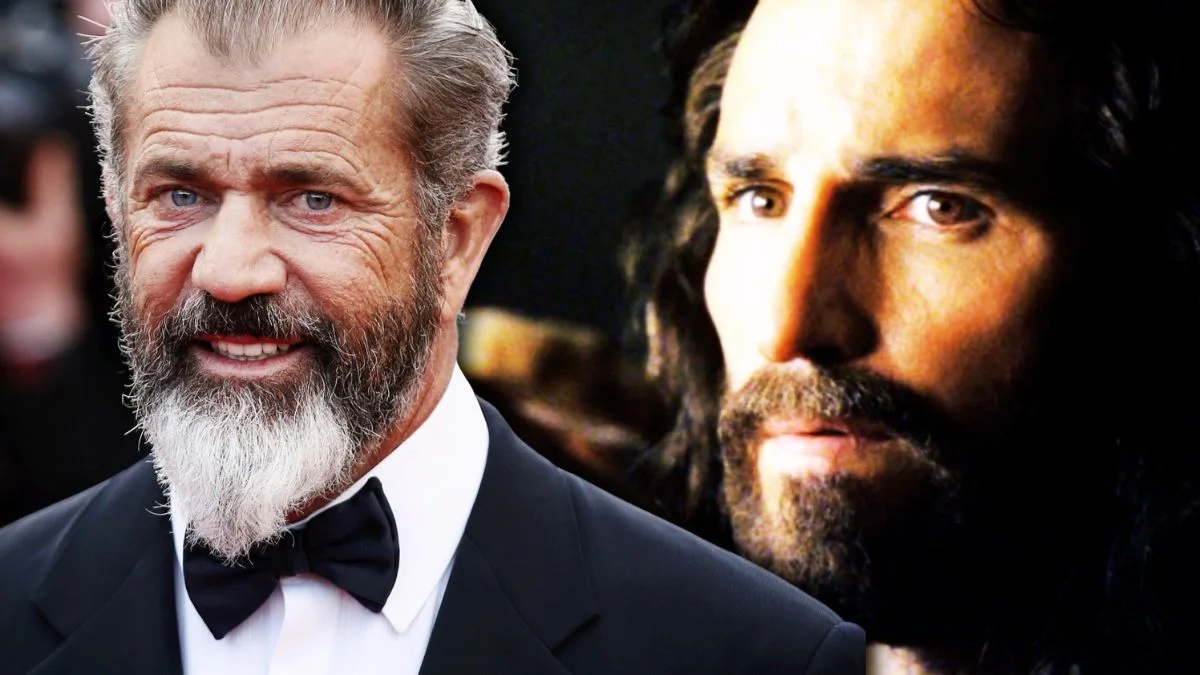
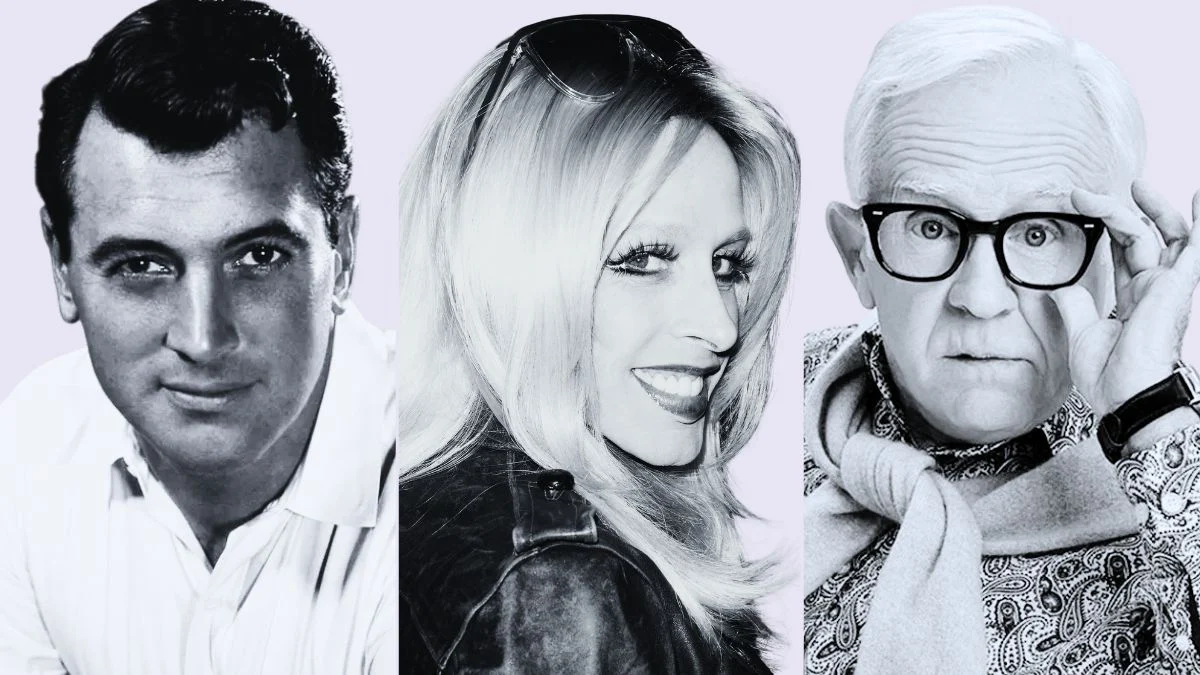
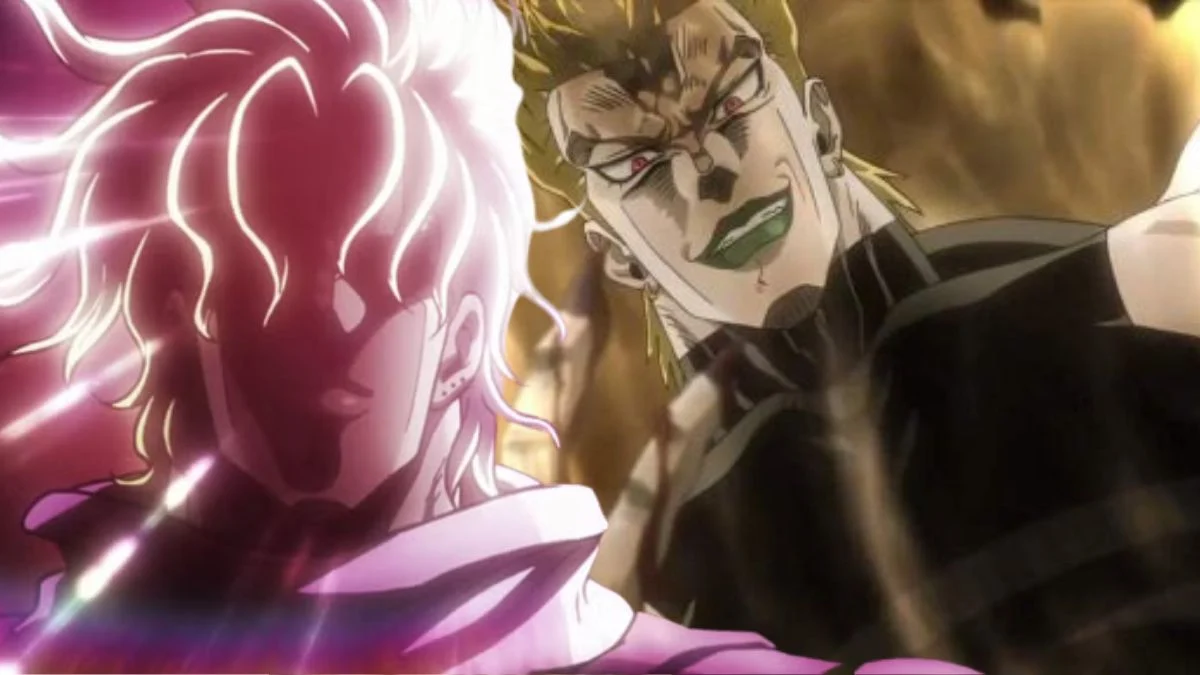
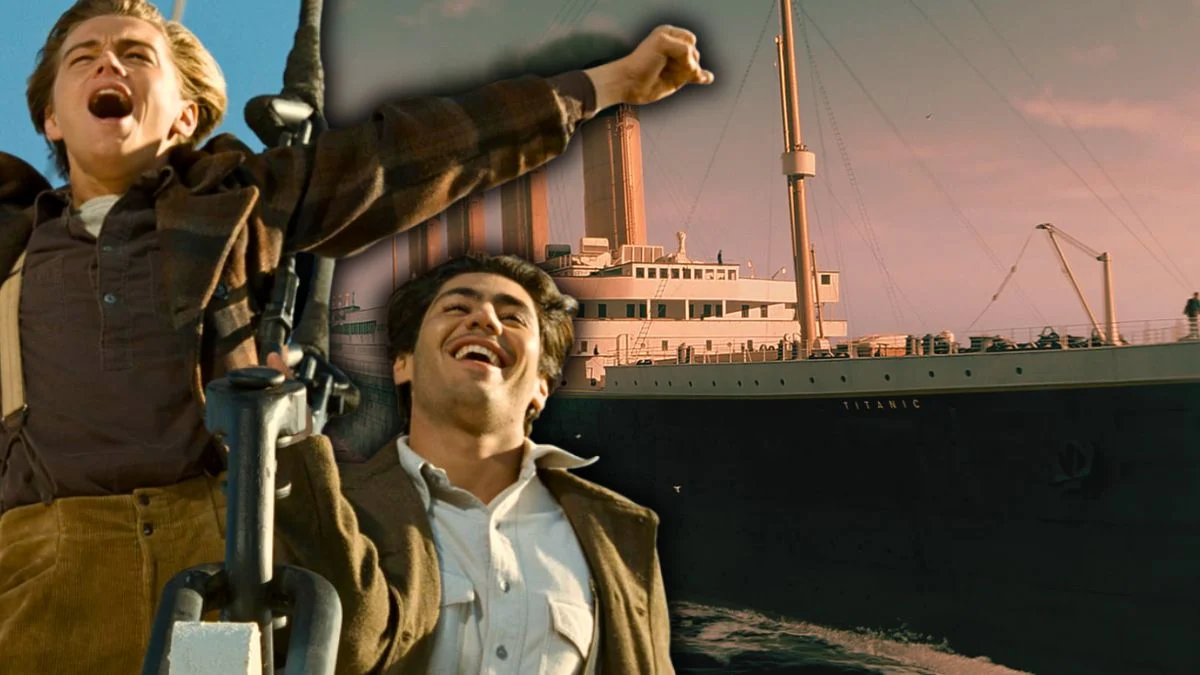
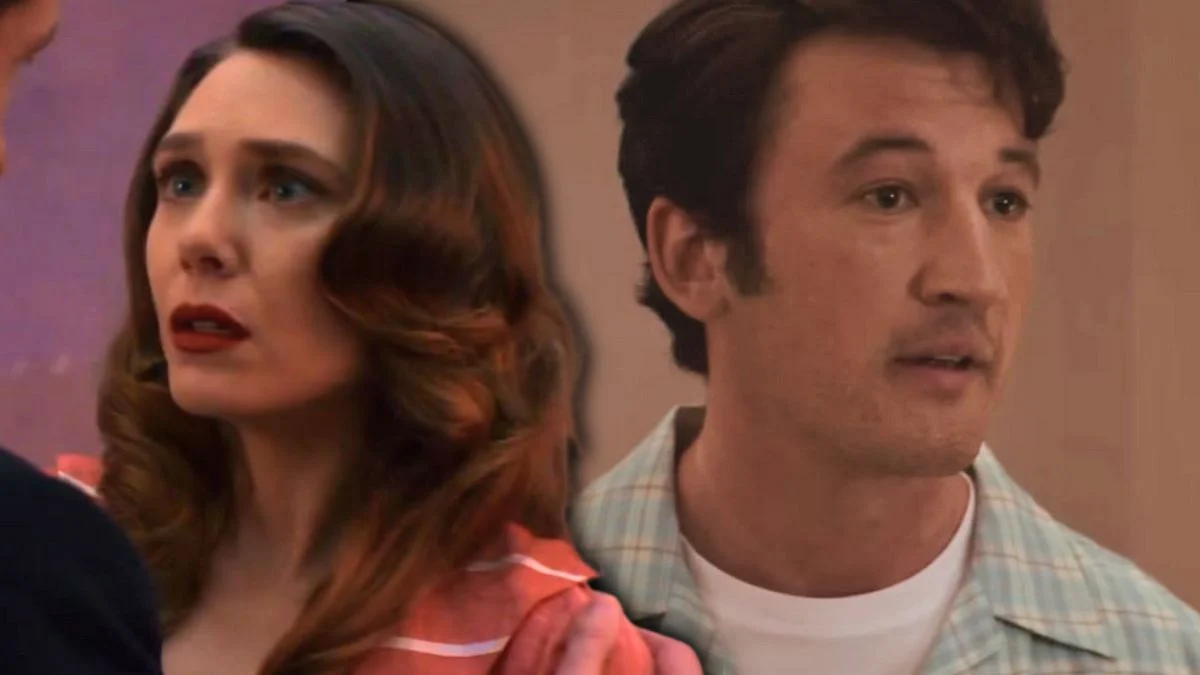
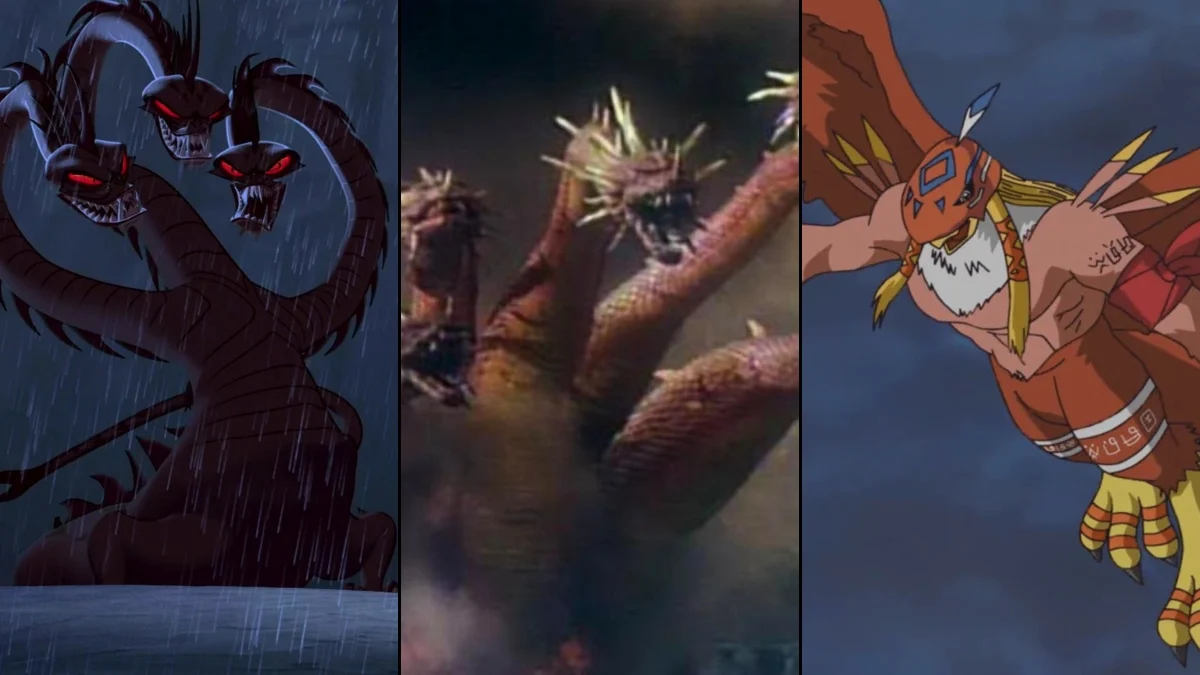
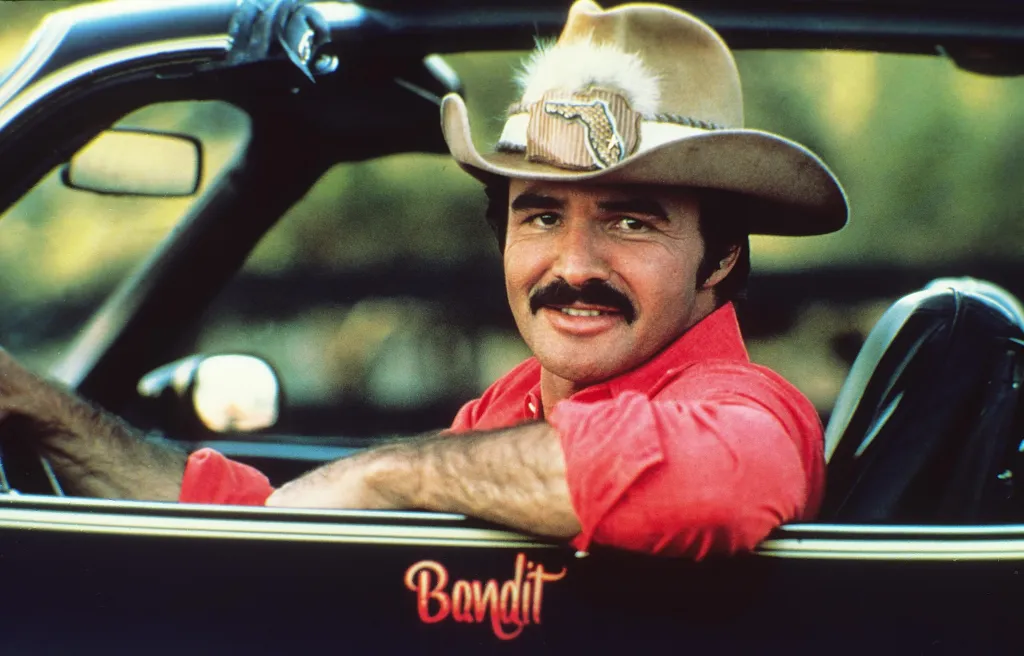



.jpeg)













 English (US) ·
English (US) ·